Keeping Wisdom Teeth: Long-Term Effects on Your Oral Health
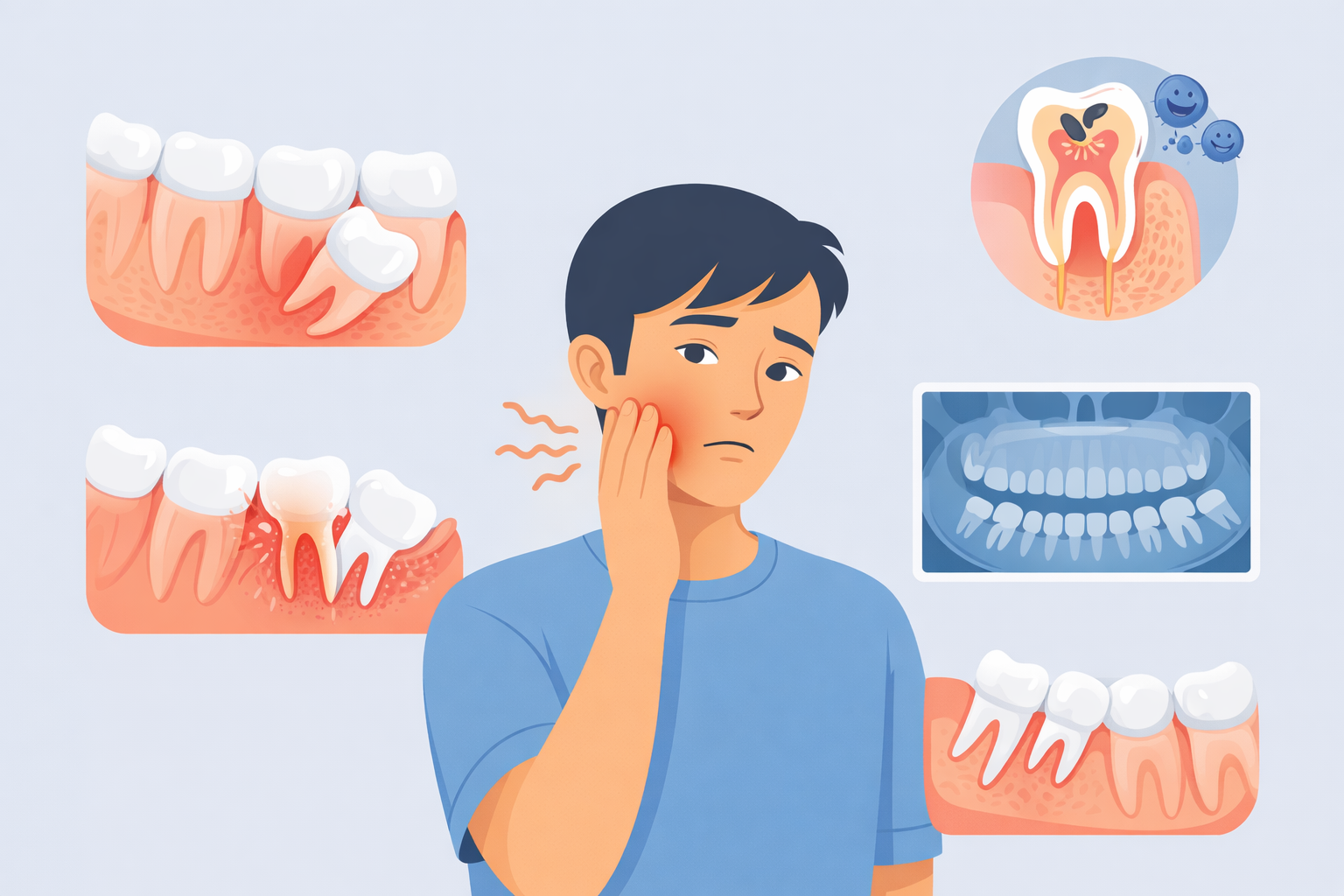
Wisdom teeth, or third molars, typically emerge between the ages of 17 and 25. While some people never experience problems, others may struggle with pain, infection, or misalignment. The big question is: should you keep your wisdom teeth, or is extraction the safer choice? In this guide, we’ll explore the potential long-term effects of keeping your wisdom teeth, factors to consider, and tips to maintain oral health if you decide to keep them.
What Are Wisdom Teeth and Why Do They Matter?
Wisdom teeth are the last set of molars at the back of your mouth. Historically, these teeth helped our ancestors chew tougher foods. Today, however, many people don’t have enough jaw space for them. This lack of room can lead to complications if the teeth are impacted or partially erupted.
Even fully erupted wisdom teeth can be difficult to clean, making them more prone to decay and gum disease. Understanding their role and potential risks is essential before deciding whether to keep them.
Common Long-Term Effects of Keeping Wisdom Teeth
1. Crowding and Misalignment
One of the most common issues from keeping wisdom teeth is crowding. As the molars try to emerge, they may push neighboring teeth out of alignment, leading to crooked teeth or shifting of previously straightened teeth after orthodontic treatment.
Even when wisdom teeth erupt fully, the pressure they exert over time can gradually change your bite. Regular dental monitoring is crucial to detect any shifts early.
2. Increased Risk of Tooth Decay
Wisdom teeth are located at the far back of your mouth, which makes brushing and flossing more challenging. Plaque and food particles can accumulate, increasing the risk of cavities. Once decay begins, it can spread to adjacent molars, requiring more extensive treatment.
Maintaining proper oral hygiene, including specialized brushes and flossing techniques, can help reduce this risk. However, some cases may still require extraction to prevent long-term damage.
3. Gum Disease and Infection
Partially erupted wisdom teeth can create pockets between the tooth and gum where bacteria thrive. These pockets can lead to pericoronitis, a painful infection of the gum tissue. Chronic infections can affect not only the wisdom teeth but also surrounding teeth and gums, potentially resulting in periodontitis.
Regular dental checkups and professional cleanings are essential if you plan to keep your wisdom teeth. Additionally, understanding how to know if your wisdom tooth is growing wrong can help identify issues early, preventing long-term complications.
4. Cysts and Tumors
Although rare, impacted wisdom teeth can sometimes lead to cyst formation. A cyst is a fluid-filled sac that may damage the jawbone, teeth, and nerves if untreated. In extremely rare cases, tumors may develop around wisdom teeth, though they are usually benign.
Periodic X-rays are important to detect these issues before they become serious.
5. Chronic Discomfort and Jaw Pain
Even when wisdom teeth appear healthy, they can contribute to long-term jaw discomfort or headaches. Misaligned or partially erupted wisdom teeth can place pressure on the jaw, sometimes leading to temporomandibular joint (TMJ) issues.
Addressing pain early with a dental professional can prevent chronic discomfort and preserve overall oral health.
Factors to Consider Before Keeping Wisdom Teeth
Deciding whether to keep your wisdom teeth depends on several factors:
- Jaw size and tooth spacing: Limited space increases the likelihood of crowding and impaction.
- Oral hygiene capability: Effective oral care reduces the risk of decay and gum disease.
- History of dental issues: Previous cavities, gum disease, or orthodontic treatment may influence your decision.
- Age: Younger patients tend to heal faster from extractions, while older adults may face longer recovery times and increased risks if removal is necessary later.
How to Care for Your Wisdom Teeth if You Keep Them
If you and your dentist decide to retain your wisdom teeth, diligent care is essential:
- Regular Dental Checkups: Schedule exams at least twice a year to monitor for potential issues.
- Proper Brushing and Flossing: Use angled toothbrushes and floss picks to reach back molars effectively.
- Antimicrobial Rinses: Consider mouthwashes to reduce bacterial buildup in hard-to-reach areas.
- Monitor Symptoms: Pain, swelling, or redness may indicate infection or other complications—address them immediately.
For tips on managing your wisdom teeth safely, it’s helpful to understand how to know if your wisdom tooth is growing wrong early on. Recognizing issues early allows for better oral care and timely intervention.
When Extraction Might Be the Better Option
Even if your wisdom teeth appear healthy, extraction may be recommended in certain cases:
- Impacted or partially erupted teeth
- Recurring infections or gum disease
- Significant crowding affecting other teeth
- Cysts, tumors, or structural jaw concerns
Understanding the differences between simple and surgical extractions can help you make an informed decision if removal becomes necessary. Your dentist can guide you through the best approach based on your oral health.
Final Thoughts
Keeping your wisdom teeth can be safe for some people, but it requires commitment to oral hygiene and regular dental visits. Understanding the potential long-term effects—ranging from crowding to infection—is essential to make an informed decision. Always consult a dental professional to evaluate your specific situation and determine the best course of action.
With proactive care, you can maintain a healthy mouth whether you keep or remove your wisdom teeth.

Managing Stitches, Bleeding & Numbness After Surgery
February 25, 2026
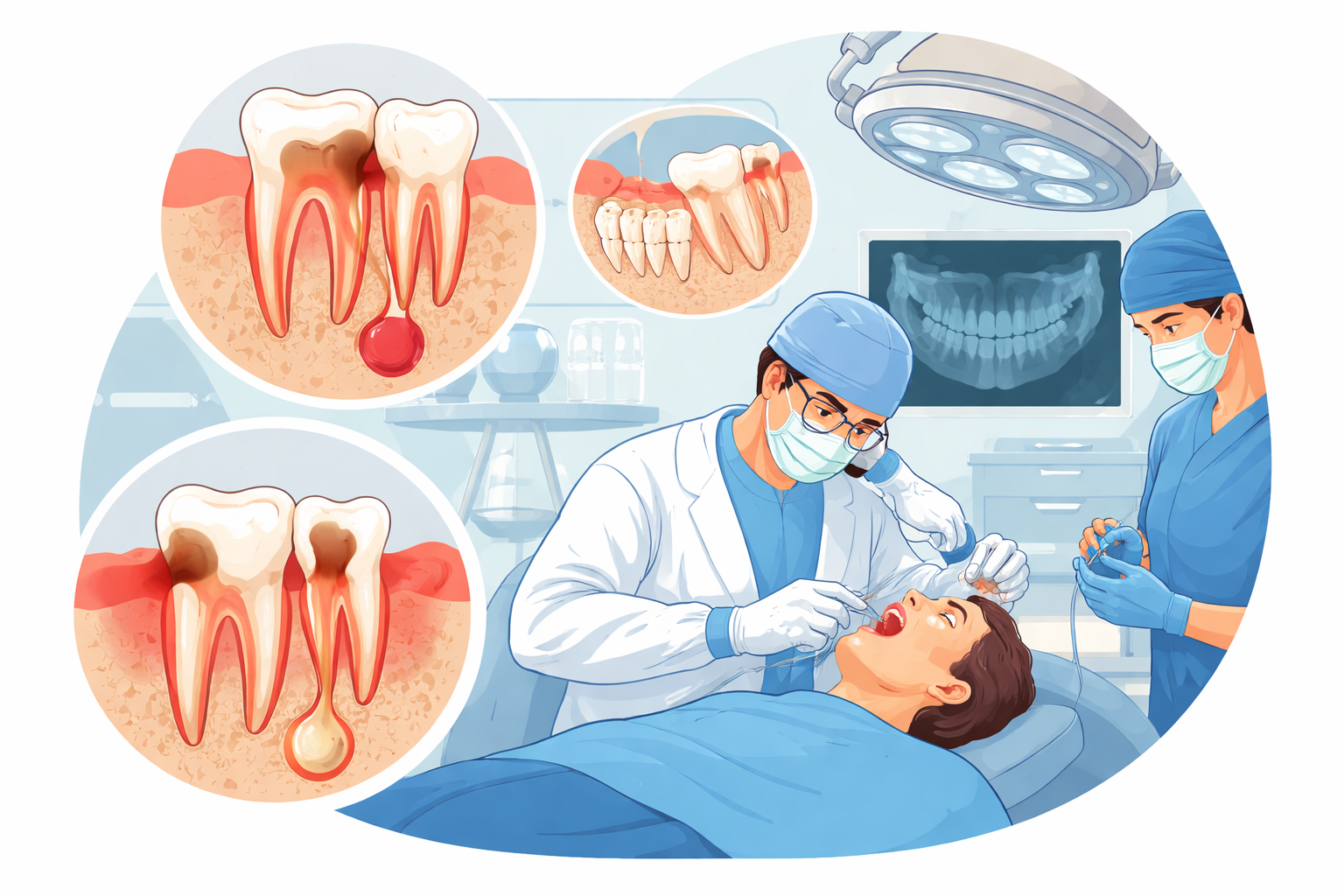
How Untreated Dental Problems Can Turn Into Major Oral Surgery
January 26, 2026
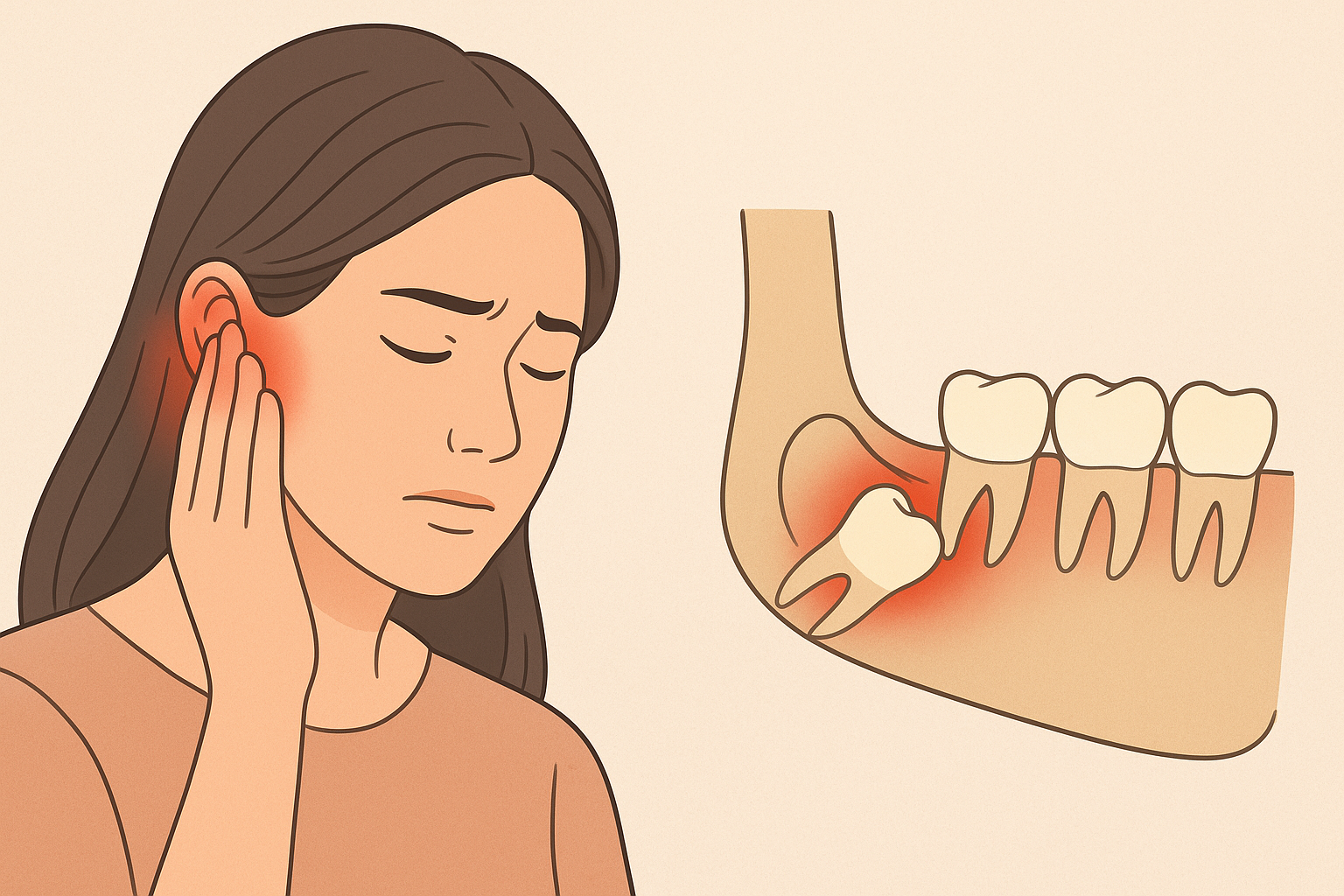
Ear Pain From Wisdom Teeth: Causes & Relief
December 2, 2025
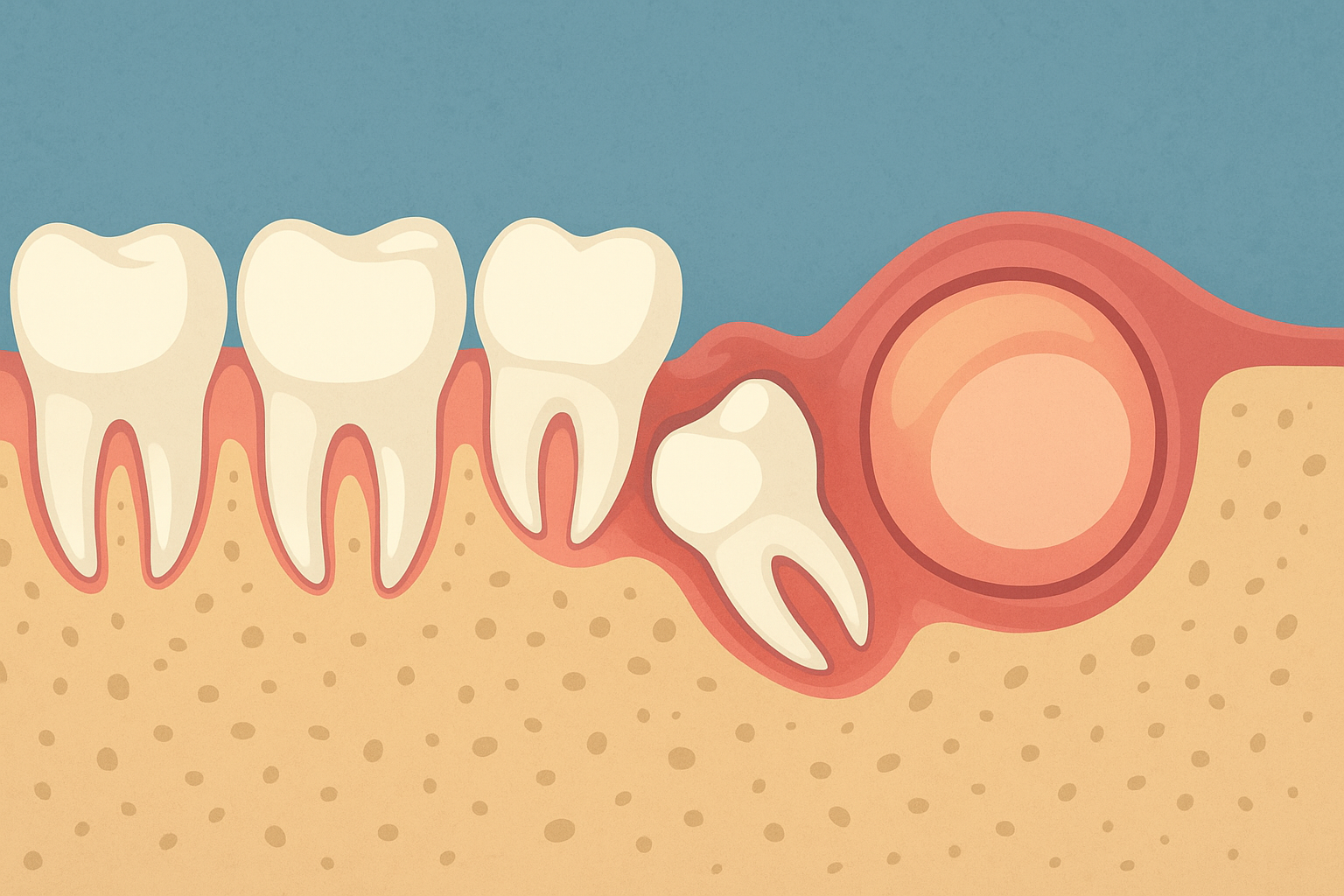
Cysts Caused by Wisdom Teeth: What You Need to Know
December 11, 2025
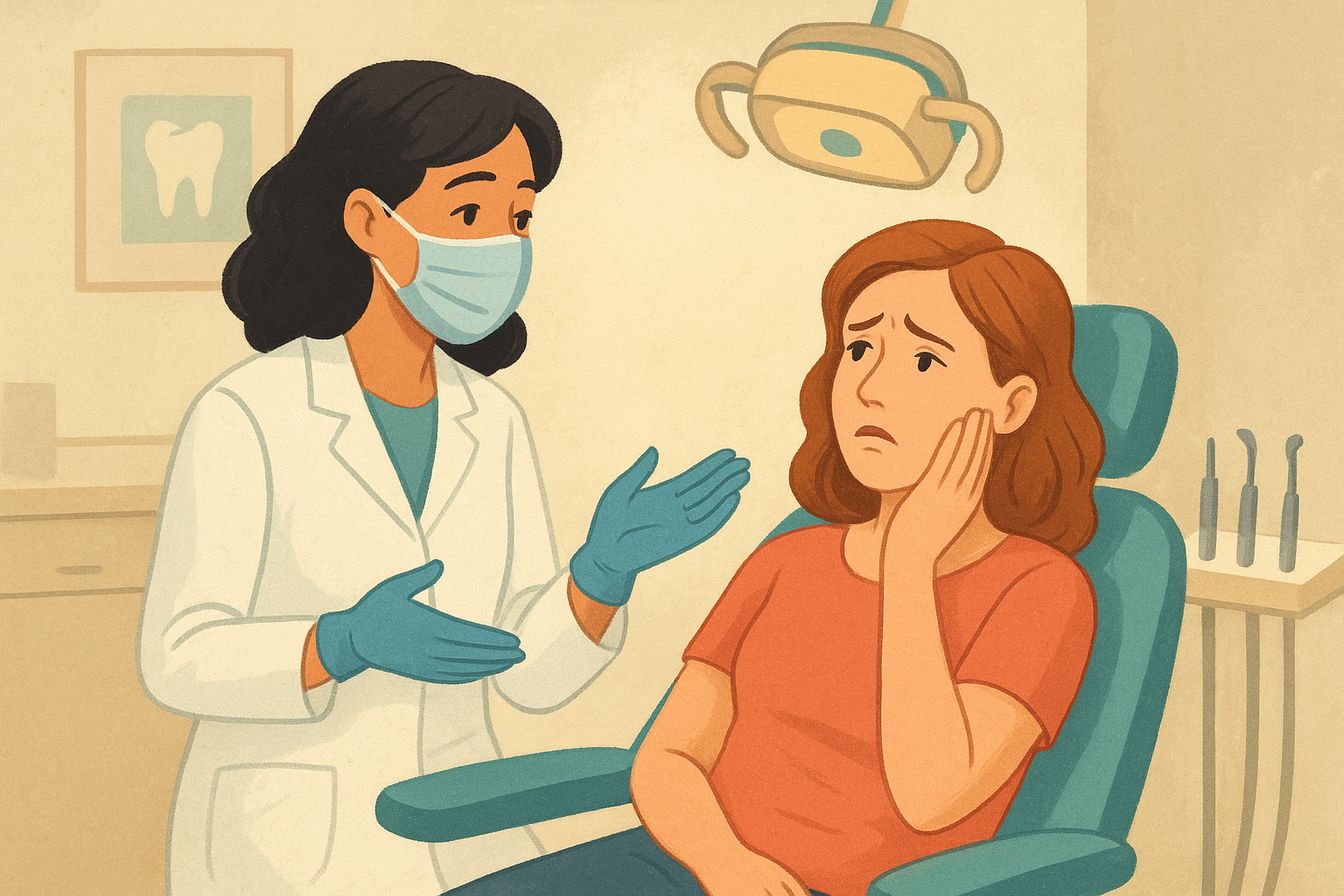
Why a Dentist Might Delay an Extraction?
December 8, 2025